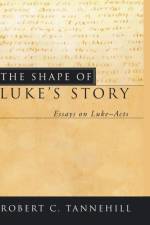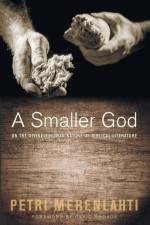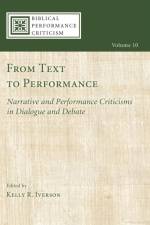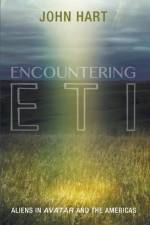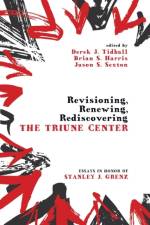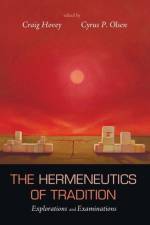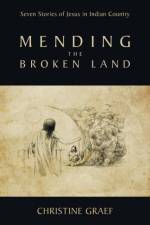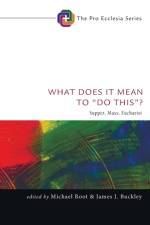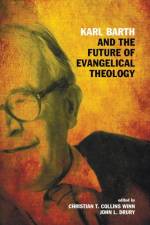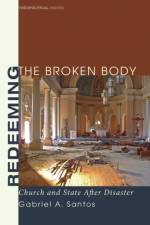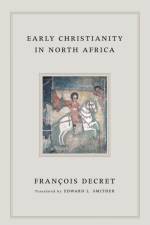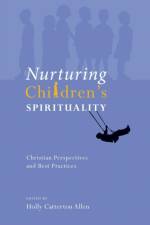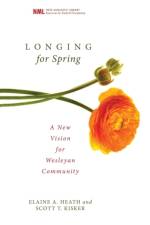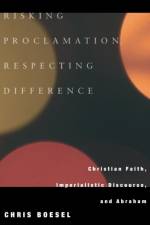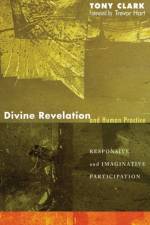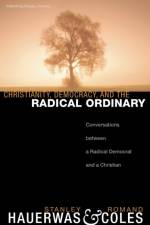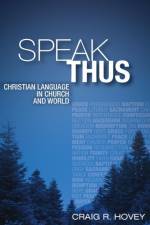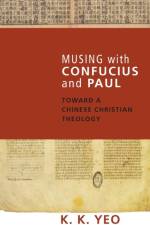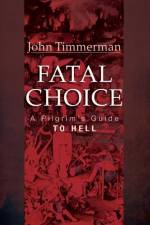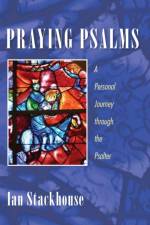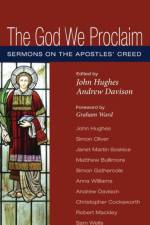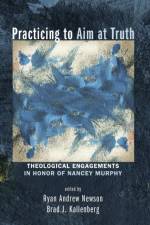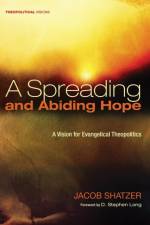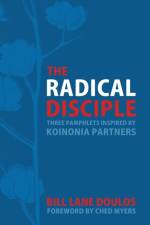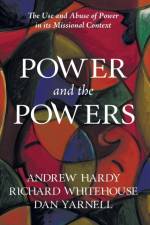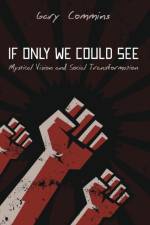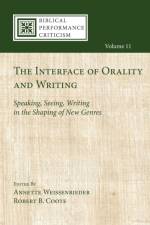849
Children's spiritual development is currently a hot topic in Christian circles, as well as in other fields and disciplines such as educational psychology, medicine, developmental psychology, education, and sociology. The key question for Christian scholars and educators is ""How do Christian beliefs and practices uniquely interrelate with children's spirituality?"" In 2003 and again in 2006, a national conference entitled ""Children's Spirituality Conference: Christian Perspectives"" examined children's spirituality from a distinctly Christian standpoint. This book is a collection of the best materials from the 2006 conference.The first half of the book addresses definitional, historical, and theological concerns related to spiritual development in children. The second half explores best practices for fostering spiritual growth among our children--in our homes, families, churches, Christian schools, and among special populations of children--from a wide spectrum of Christian scholars and practitioners. The volume closes with John Westerhoff's moving keynote address and Catherine Stonehouse and Scottie May's eloquent, culminating plenary address. Nurturing Children's Spirituality provides a rich cross section of the current research and writing by Christian scholars on children's spirituality.Contributors: Holly Catterton Allen, Michael J. Anthony, Stacy Berg, Chris J. Boyatzis, MaLesa Breeding, Marilyn Brownlee, Linda V. Callahan, Jane Carr, Mara Lief Crabtree, Karen Crozier, James Riley Estep Jr., Jeffrey E. Feinberg, Stephanie Goins, Judy Harris Helm, Dana Kennamer Hood, Sungwon Kim, Kevin Lawson, Scottie May, Marcia McQuitty, Heidi Schultz Oschwald, Donald Ratcliff, Pam Scranton, Timothy A. Sisemore, Catherine Stonehouse, La Verne Tolbert, T. Wyatt Watkins, John H. Westerhoff III

